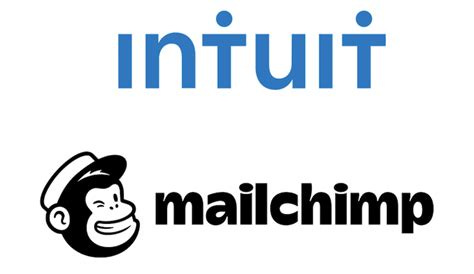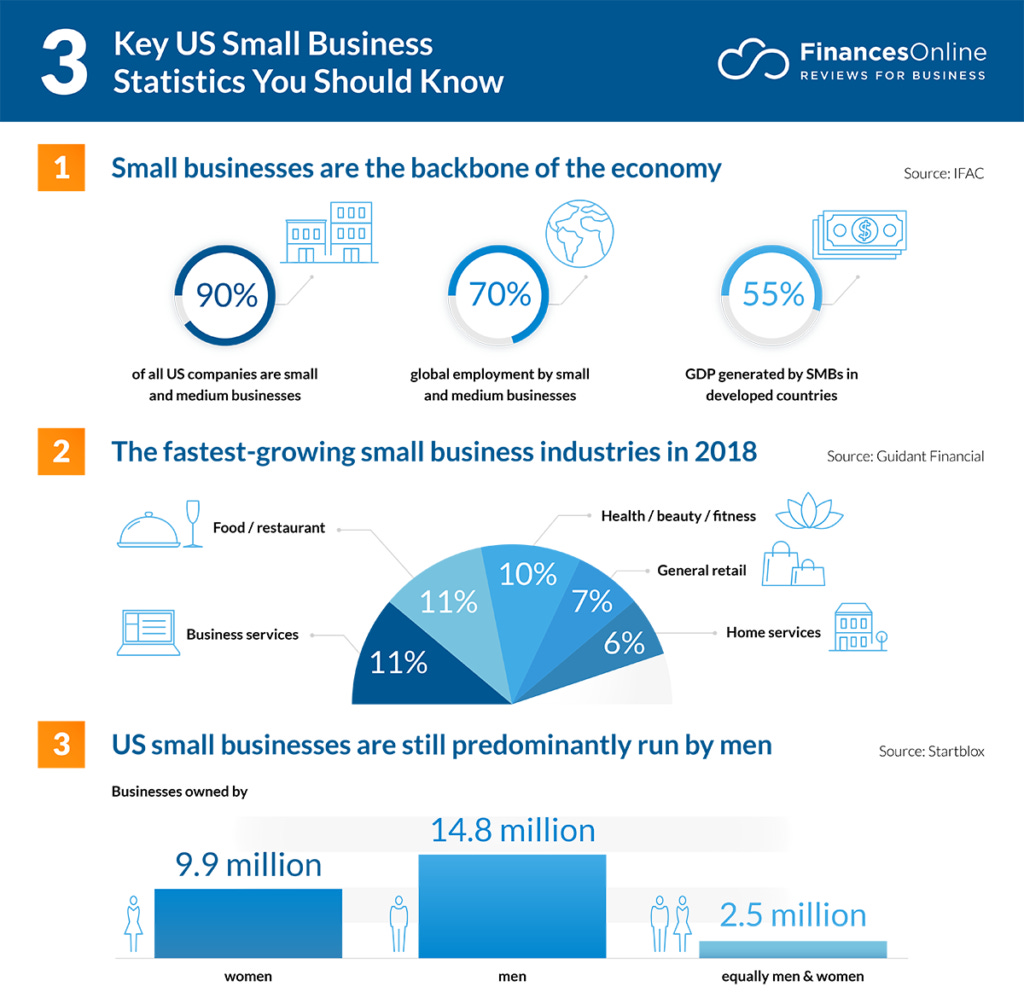Intuit's Acquisition of Mailchimp and its Journey to Every Small Business Owner's Heart
Mailchimp acquired for $12bn
Rumors of Intuit's $12bn acquisition of Mailchimp finally got confirmed when, earlier yesterday September 13th, Ben Chestnut, Co-founder and CEO of Mailchimp sent a mail and press release to confirm the acquisition. Why is this acquisition unique, you may ask? First, Mailchimp Co-founders are notorious for bootstrapping startups, refusing funding from VCs and acquisitions by big tech. Second, Mailchimp itself, as at 2016 helped their users send out an average of 10 billion emails monthly, so it’s kind of a big deal company. Third, even though startups like SubStack are emerging, Mailchimp still controls a large share of the email marketing market.
But, while we may never know what changed the hearts of Mailchimp co-founders to sell their company besides a whopping $12bn deal. I can share my take on the acquisition and why I think it matters to small business owners.
Why Do Companies Engage in Acquisition?
In my opinion, companies acquire another because of one out of these three things: technology & talent, market share, and insights.
Technology, at one point or the other, Snapchat's disappearing posts, and WhatsApp's end-to-end encryption were technologies converted by Facebook. Facebook ended up acquiring WhatsApp but because Snapchat was unwilling to sell their technology was copied by Facebook.
Market share, well, everyone knows that Stripe is one of the biggest payment gateways in the world, and has one of the best tech. But they acquired Nigerian Paystack because they needed to enter Africa and dominate the market. After Africa, they invested in PayMongo in Phillipines weeks after they announced their interest in SE Asia. As you may have guessed, companies only acquire others in the same market/industry to gain more market share.
Redefining the Market
In the case of Intuit, Mailchimp is not, at first glance, in the same market as them. Intuit is a financial service platform while Mailchimp primarily does email marketing. But look at it this way, Intuit wants to be the primary technology platform for small businesses so they're acquiring companies that have products small businesses will need.
Intuit already acquired Mint, to help small businesses run their finances; TurboTax, to help small businesses automate their taxes; and QuickBooks, to do automated accounting services. Now they're adding email marketing and payment services to the mix. That's a superapp or ecosystem that does everything you need to grow your business. The only thing you just have to focus on is selling. Well, maybe they'll buy an e-commerce startup next.
Small Businesses aren't Really Small
A 2019 Fundera data shows that 99.7% of businesses in the United States are small businesses. And globally, the figure stands at more than 70%. If anything, small businesses are by far the largest group that engages in economic activities. In 2015, the United States small businesses paid out $2.55trillion to their workers while big companies paid out $3.7trillion. And as at 2017, 30% of small businesses believes are susceptible to accepting digital payment methods.
Insight?
Notice how I didn't mention insight among reasons why companies engage in acquisition? Well, the reason is that insight is front, center and back in most acquisition processes. It's the cheatsheet you know the company you're trying to acquire owns but will be yours once you buy them off. In startup lingo, it is reflected in many ways: customer data being one of them. In the case of Mailchimp, Ben Chestnut proudly claims the acquisition means Intuit now has access to their:
Global customer reach with 13 million total users globally, 2.4 million monthly active users, and 800,000 paid customers; with 50 percent of customers outside of the U.S.
Data and technology in the form of 70 billion contacts, and 250+ rich partner integrations.
AI-powered automation at scale fuels 2.2 million daily AI-driven predictions.
Evidently, if Intuit positions itself well, it may end up winning the small businesses over. The question now is how it is going to do it. Will Intuit, like Google, merely use these products together while allowing them exist separately or will the company integrate them into one superapp. Either ways, users may end up frustrated at the experience of moving from app to app or overwhelmed by an app that has layers and upon layers of complex functionalities.
Good deal for Mailchimp, I guess.






Very very nice alesh. Weldone
Nice post. Thanks for the insight.